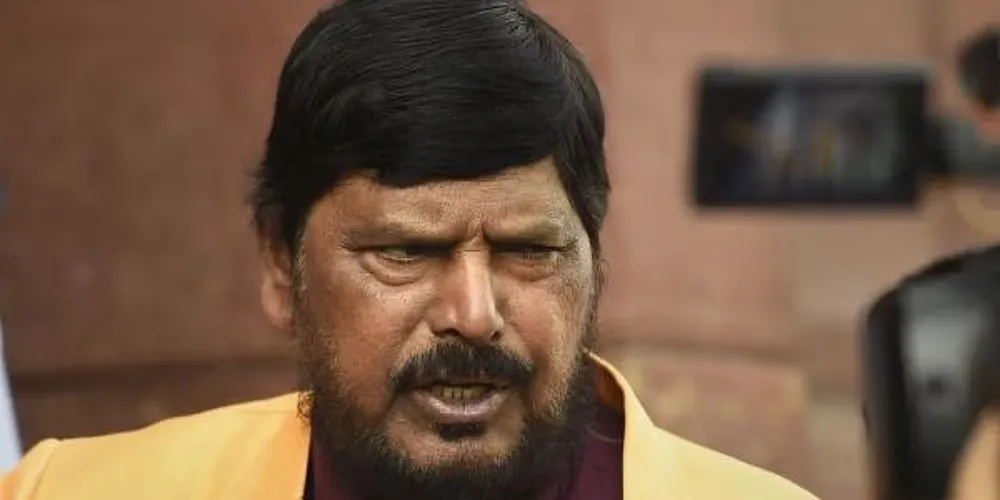Introduction
Judiciary-The swearing-in of Justice Sharma at the Calcutta High Court has been met with strong opposition from lawyers’ bodies, who have decided to abstain from the ceremony and may refuse to attend proceedings in his court. The protest highlights deep-seated concerns within the legal community regarding judicial appointments, transparency, and judicial independence.
The decision of legal associations to boycott the swearing-in is not merely symbolic—it reflects underlying dissatisfaction with recent judicial decisions, selection processes, and concerns over judicial fairness. As tensions escalate, the legal fraternity’s response underscores broader issues surrounding the appointment of judges and the functioning of the judiciary in India.
Lawyers’ Bodies Oppose Justice Sharma’s Appointment
The refusal of lawyers’ bodies to attend Justice Sharma’s swearing-in stems from grievances related to his appointment and previous judicial conduct. Several members of the legal community have raised concerns about his record, perceived biases, and alleged controversial judgments. These concerns have fueled distrust and prompted a collective decision to abstain from the ceremony.
Legal associations argue that judicial appointments should be based on merit, transparency, and integrity. The discontent surrounding Justice Sharma’s elevation suggests dissatisfaction with the existing selection mechanisms, where political or external influences are often suspected to play a role. This protest signifies a demand for greater accountability in judicial appointments, ensuring that only individuals with an impeccable record assume positions of authority.

Boycott of Justice Sharma’s Court Proceedings
Beyond abstaining from the swearing-in ceremony, several lawyers have indicated that they may boycott proceedings in Justice Sharma’s courtroom. This move reflects a serious escalation of their protest, as it directly impacts the functioning of the judiciary. A courtroom without the presence of advocates raises questions about judicial efficiency, access to justice, and the rule of law.
The potential boycott raises concerns about the implications for pending and future cases. If lawyers refuse to appear before Justice Sharma, litigants could face delays, procedural hurdles, and disruptions in their quest for justice. While the protest serves as a strong message of discontent, it also risks affecting the legal rights of individuals seeking resolution in court.
Judicial Independence and the Role of Protests
Judicial independence is a cornerstone of democracy, and any challenge to the credibility of the judiciary must be addressed with sensitivity. Lawyers’ bodies have historically played a crucial role in safeguarding judicial integrity, and their protests often highlight issues that need urgent attention. However, such actions also invite debates on whether dissent should manifest in a manner that disrupts court functioning.
While protests against judicial appointments are not uncommon, sustained opposition to a sitting judge can set a precedent that impacts future appointments. The situation calls for a balance between addressing genuine concerns and maintaining the sanctity of the legal system. Constructive engagement between legal bodies and judicial authorities could help resolve the current impasse, ensuring that justice is not compromised in the process.
Conclusion
The boycott of Justice Sharma’s swearing-in at the Calcutta High Court by lawyers’ bodies signifies growing discontent within the legal community. Their concerns over judicial transparency, fairness, and appointment processes have fueled a larger debate on the credibility of the judiciary. However, the decision to abstain from court proceedings raises critical questions about the impact of such protests on the justice system. As the standoff continues, it remains to be seen whether this opposition will lead to broader judicial reforms or deepen the divide between the legal fraternity and the judiciary.
For More Updated News Visit – Dailynewfeeds



